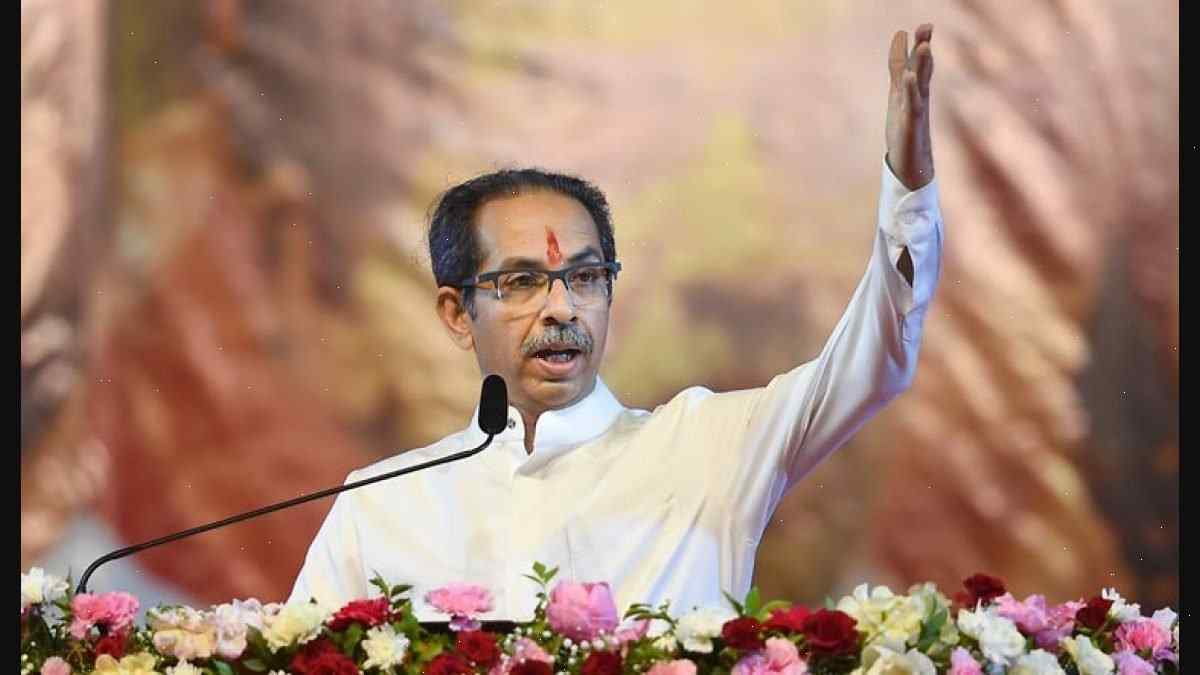In a move that could potentially reshape the political landscape of Maharashtra, Uddhav Thackeray, the Chief Minister of the state, has reached out to socialist leaders, signaling a possible thaw in relations between the Shiv Sena and its former allies, the Nationalist Congress Party (NCP) and the Indian National Congress.
According to sources close to the development, Thackeray met with NCP chief Sharad Pawar and Congress leader Rahul Gandhi in recent days, sparking speculation about a potential realignment of forces in the state. While neither side has confirmed the details of the meetings, it is clear that the ice that had formed between the parties during the tumultuous months following the 2019 assembly elections has begun to thaw.
For observers of Maharashtrian politics, this development comes as little surprise. The Shiv Sena, NCP, and Congress had long been estranged, owing to a variety of factors, including ideological differences and power struggles. However, with the emergence of new challenges, most notably the rise of the Bharatiya Janata Party (BJP), the three parties have come to realize that they share a common interest in countering the saffron juggernaut.
Thackeray’s outreach to socialist leaders is significant because it represents a departure from the hardline stance he had adopted in the past. As recently as November 2020, the Shiv Sena supremo had ruled out any possibility of reconciliation with the NCP and Congress, citing irreconcilable differences. However, with the political winds shifting, Thackeray appears to have reassessed his priorities.
What does this mean for Maharashtra and the nation? For starters, a potential coalition between the Shiv Sena, NCP, and Congress would redraw the political map of the state, creating a formidable bulwark against the BJP’s expansion plans. Moreover, such an alliance would also send shockwaves across the country, as it would signify a renewed emphasis on secularism and pluralism – values that have come under attack in recent times.
Of course, there are obstacles to overcome before such a coalition can materialize. Trust must be rebuilt, and egos must be put aside. Furthermore, the parties involved must navigate their own internal contradictions and conflicts. But if they can succeed in doing so, the benefits could be substantial.
A united front comprising the Shiv Sena, NCP, and Congress would offer a credible alternative to the BJP’s Hindutva agenda. It would provide hope to those who believe in a diverse, inclusive India, where all communities are treated with dignity and respect. Additionally, such a coalition would create opportunities for cross-party collaboration on key policy issues, such as economic growth, education, healthcare, and environmental sustainability.
As things stand, it remains unclear whether the nascent talks between the Shiv Sena, NCP, and Congress will culminate in a formal alliance. Nevertheless, the fact that these discussions are taking place at all suggests that a sea change is underway in Maharashtra’s political landscape. Whether this shift ultimately leads to a revival of democratic values and principles or falters under the weight of ambition and greed remains to be seen. Still, for now, there is reason enough to be cautiously optimistic about the future of Indian politics.

